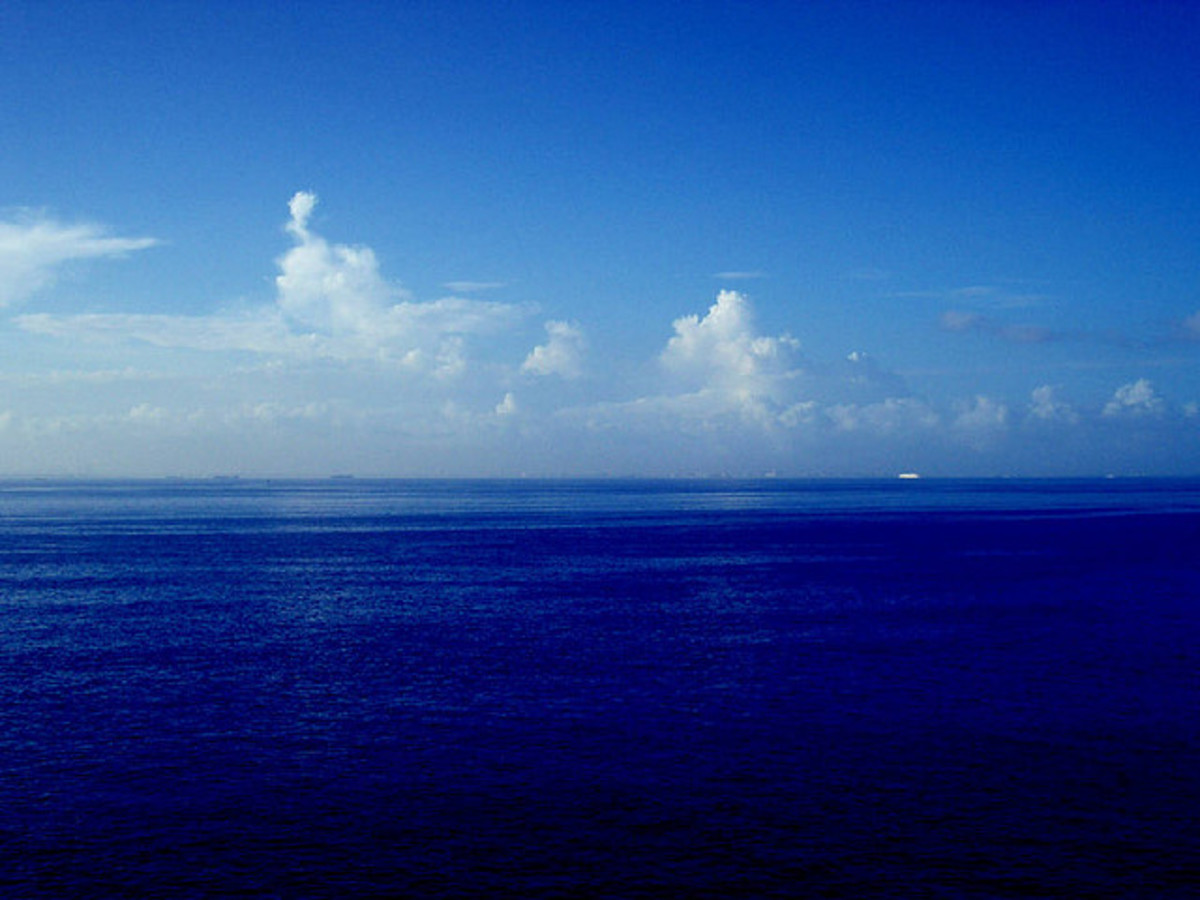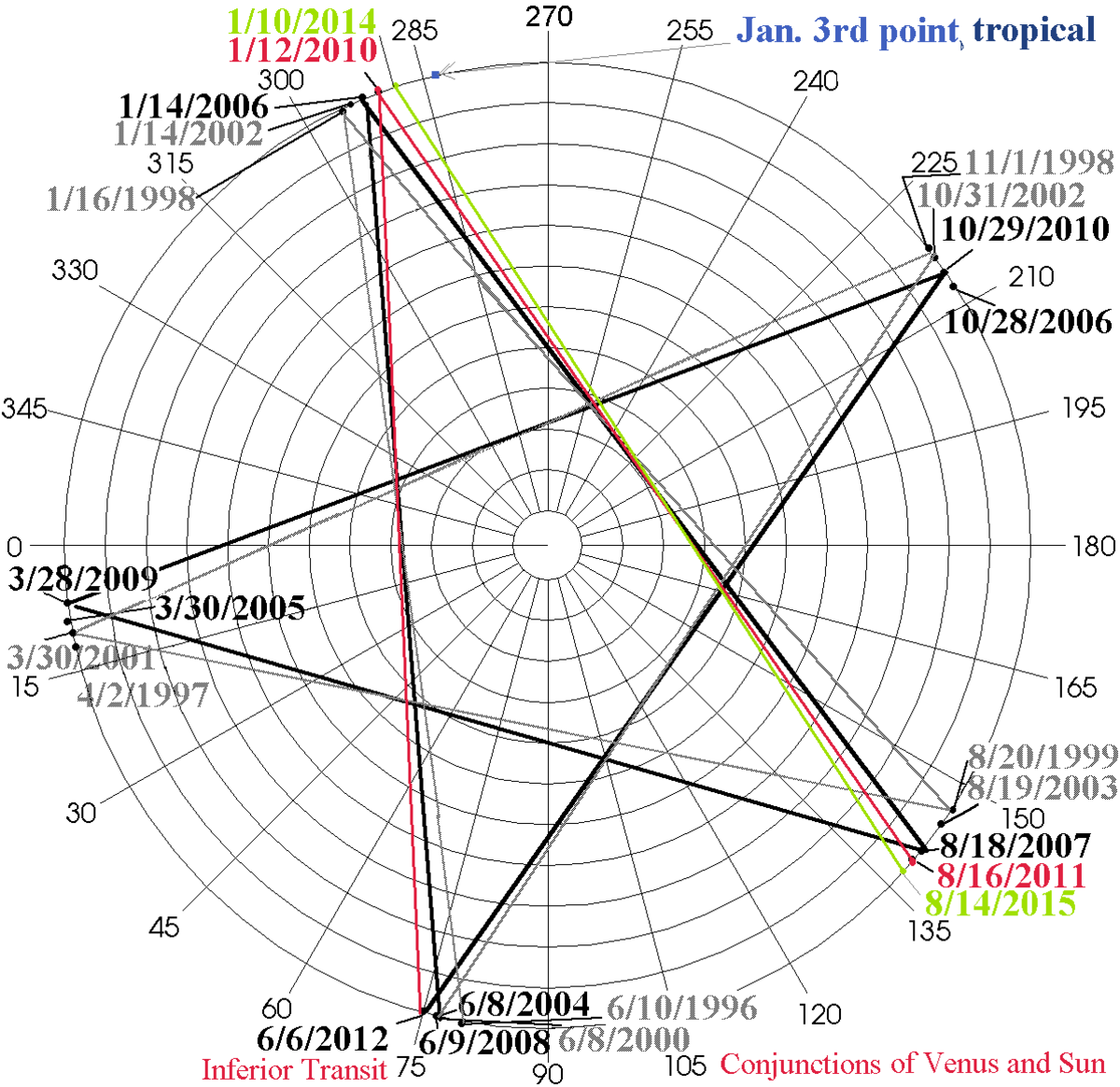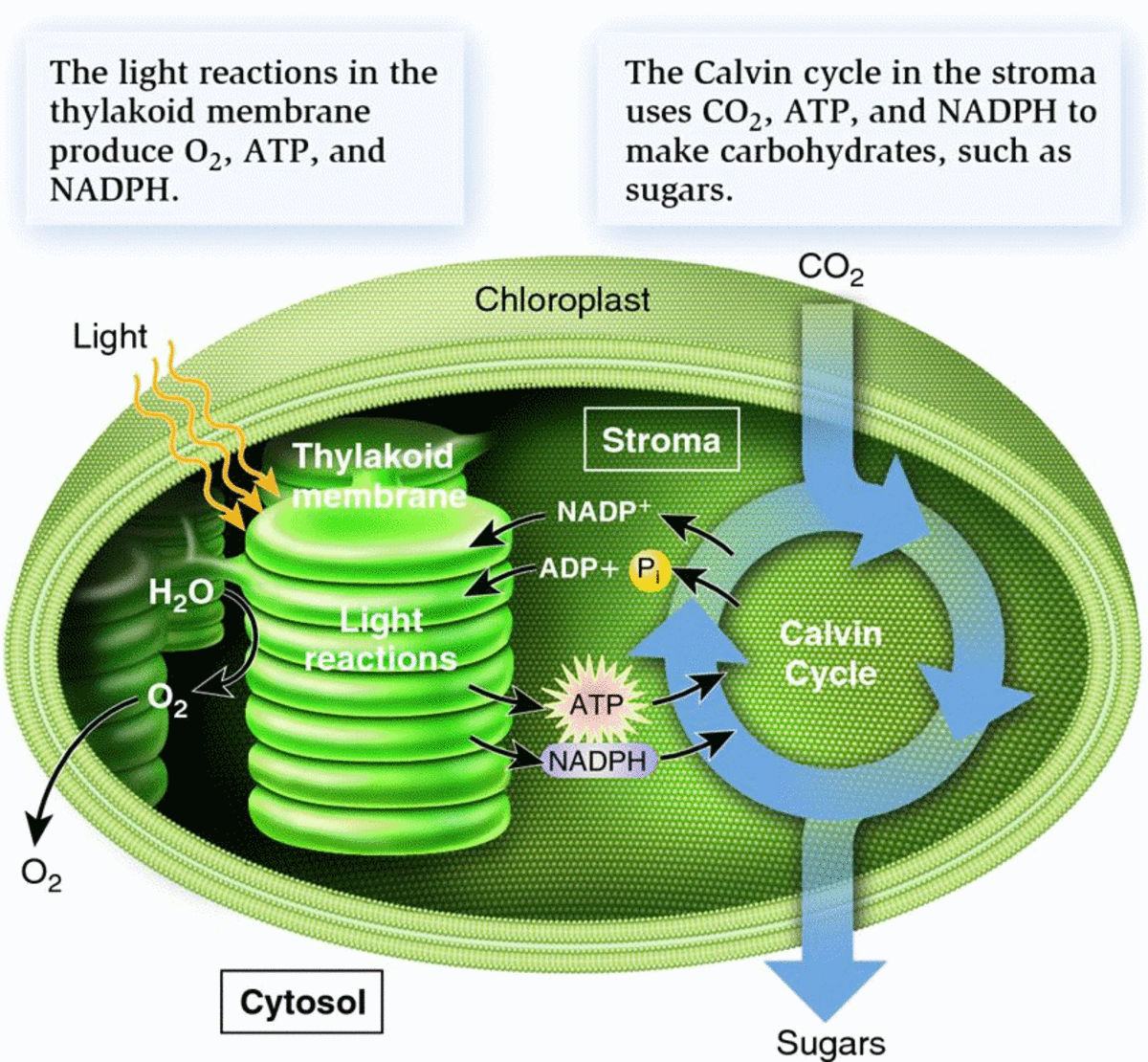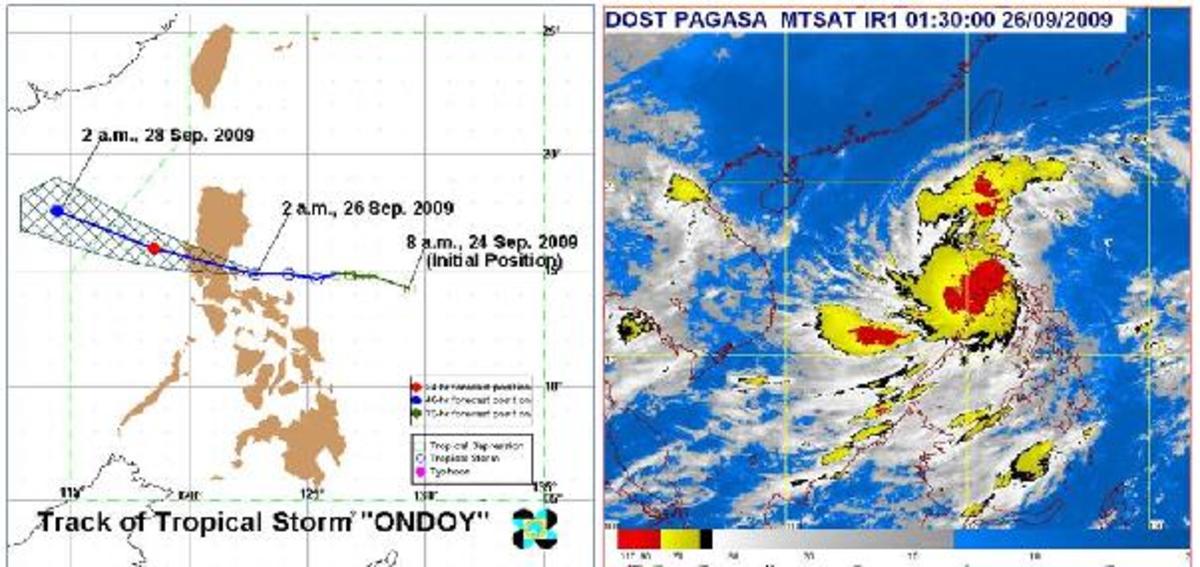The Incalculable Importance of Plankton
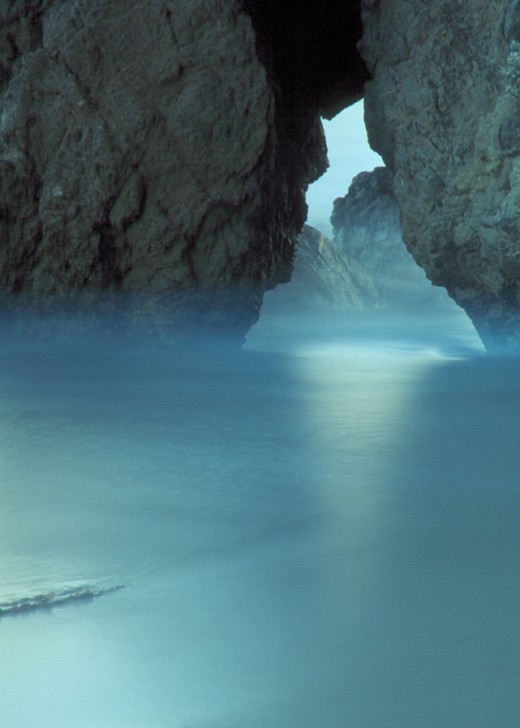
About Plankton
Plankton is a passively swimming plant life in a body of water known as the ocean. The Plankton that live in our ocean have one of the most important roles in the our Carbon Ecosystem. The importance of Plankton in our Ecosystem is incalculable. Plankton is important to mankind because Plankton plays a significant importance in the ocean Ecosystem.
Ecosystems are dynamic systems of plants, animals, and microorganisms, each in their own habitat serving as part of the environmental whole. Each member of the system must work together as an integral part of the systemic unit. The Oceanic Ecosystem contains organisms classified as Plankton. Plankton are organisms known as plant life. They are unable to resist ocean currents so they ride the waves. A form of Plankton known as algae, lives near the top of the ocean. Algae is important in the production of Photosynthesis.
Photosynthesis is defined as a process by which green plants use carbon dioxide, water and sunlight to make their own food. Photosynthesis uses photo or light, and provides synthesis or joins together the elements. Thus, during the process of photosynthesis, a plant joins water and carbon dioxide together using sunlight and chlorophyll for energy. When these elements are joined, they make sugar and oxygen. Algae, is the Plankton in the ocean that is actively participating in the oceans Carbon Cycle and in the Global Ecosystem. Plankton driven by the ocean and solar energy or light takes the carbon it extracts from the bottom of the ocean floor and processes it.
The Plankton known as Algae, has one of the most important roles in the our Ocean's Carbon Ecosystem because it is capable of converting the oceanic carbon, taking it from the ocean floor. Our oceans contains the largest active pool of carbon near the surface of the Earth and without Plankton that is where it would stay. The Plankton that live on the ocean surface releases the ocean's carbon in the form of carbon dioxide back into the atmosphere through the process of photosynthesis. Once the carbon dioxide has been released, trees convert the carbon dioxide into the oxygen we breath. This process is known as the Carbon Cycle.
The process where carbon is exchanged via the Carbon Cycle is done in four ways: through the air, the biosphere, the earth and in the water. For humanity, the Carbon Cycle is one of the most important Ecosystems of the Earth. Algae and the Plankton's role in the Ocean's Ecosystem and in the Carbon Cycle is unique. Plankton initiates the recycling of carbon in the form of carbon dioxide.
Carbon Dioxide appears in the Earth's atmosphere as a trace element thanks to the work of Plankton. Once Plankton recycles carbon dioxide into the air, trees can utilize the carbon dioxide by convert the carbon dioxide. Trees convert carbon dioxide by consuming the carbon and releasing the oxygen into the atmosphere for us to breathe. This recycling process is essential for carbon to be recycled and carbon dioxide to be reused throughout the biosphere by all of Earths organisms.
Oxygen is not a naturally occurring element on Earth. Because oxygen, is not readily present on Earth we rely on the Carbon Cycle to produce the oxygen we need to survive. The earth's Oxygen supply depends on the Plankton in the ocean and the Carbon Cycle. Without the Plankton in the ocean there would be no carbon cycle. The Carbon Cycle with the help of algae using photosynthesis and recycling carbon dioxide into oxygen would fail.
So, if Plankton were to disappear entirely from the ocean, the Carbon Cycle would be impaired. If carbon could not rise to the surface of the ocean for the Plankton to utilize because it was covered with a layer of oil, the Carbon Cycle would fail. If the Carbon Cycle were to fail, the Earth's atmosphere would change. Essentially, over a period of time the Earth's atmosphere would react to the loss of Plankton, and once again the Earth's Ecosystem would not contain oxygen that is processed through photosynthesis for us to utilize. The oxygen on earth would remain attached to carbon and be unusable as carbon dioxide. In other words, the trace element known as carbon dioxide would no longer be surfaced from the ocean floor by algae and converted to oxygen.
Currently, the British Petroleum Oceanic Oil Spill has added onto the other similar oceanic disasters to provide further damage to our fragile Oceanic Carbon Cycle. Each disaster makes significant transformations to the Oceanic Eco System. Each disaster on the Earth has the potential to be devastating to the Global Ecosystem as a whole. The news mentions that the current oil spill has caused abundant loss of fish that supports the livelihood of fishermen. They mention that the disaster caused the death of numerous forms of wildlife who survive on and above the ocean. They mention that little action of significance has been done to prevent the oil flow that is covering not only the top of the ocean, the beaches, but also covering the ocean floor with a layer of oil. The very oil destroying the habitat of organisms living on the ocean floor and in the waters of the ocean, like Plankton
With the current destruction of the ocean floors animal and plant life, may come additional carbon transformations in the Ecosystem. Those carbon transformations in the ocean might including significant damage to the Essential Oceanic Carbon Cycle that allows for photosynthesis. That oil spill may creating a significant risk to the essential carbon process that creates Oxygen. This horrific damage has global implications, and should evoke significant concern and action. Oceanic Ecosystem damage could potentially cause changes in climate as well as the atmospheric composition of Earth. These types of climate and atmospheric changes might potentially be dangerous for the well-being of all humankind.
Thus, the current oceanic catastrophe is having an impact on the evolutionary carbon cycle of the ocean. It is killing plants and animals in the ocean and covering the ocean floor with oil. What is happening in our ocean today has the potential to impact the Ecosystem in such a way that it will be felt in the entire biosphere for many years. Every Geology 101 student is taught about Ecosystems. If the Ecosystem is not in balance, it will fail. Our Ecosystem balance depends on the Oceanic Carbon Ecosystem. Our very existence depends on the Plankton that balances the atmosphere by recycling carbon dioxide making oxygen possible on Earth.
In Summary
So, why is plankton Important? Because all plants and animals rely on oxygen for respiration. Plankton plays the singularily essential role in the recycle of ocean carbon. Using solar light, ocean water and carbon plankton releasing carbon dioxide it into the atmosphere for trees to convert into the oxygen we breath.This Essential Carbon Cycle depends on Plankton. Plankton depend on their ocean home, carbon, and sunlight for life. The importance of Plankton in our Ecosystem and to us is incalculable.
- Photosynthesis
This is a link to a pictorial explanation of what photosynthesis is all about. - What is the Carbon Cycle?
This provides an elementary explanation of how the Carbon Cycle works in our Eco System and why it is essential for our existence.




